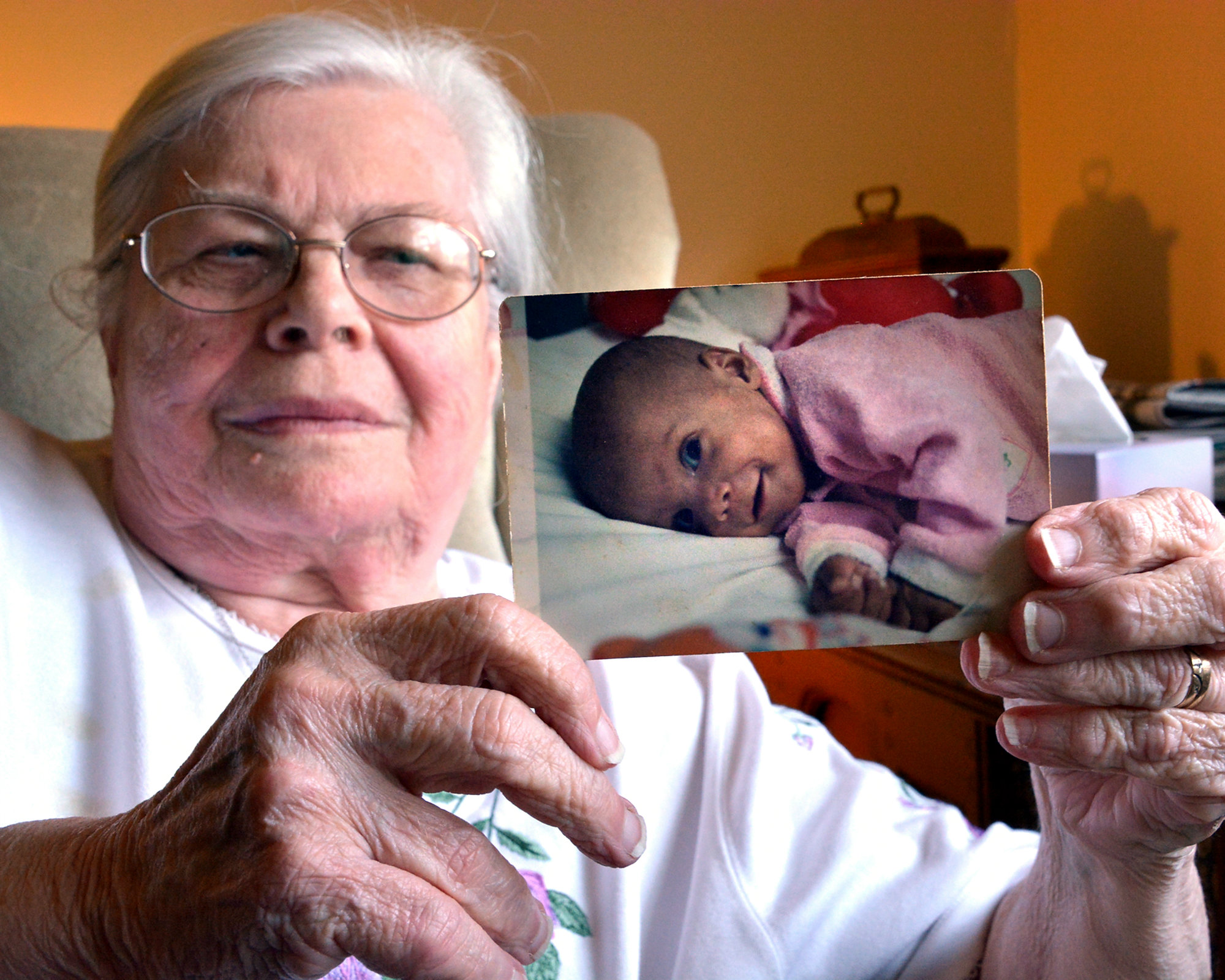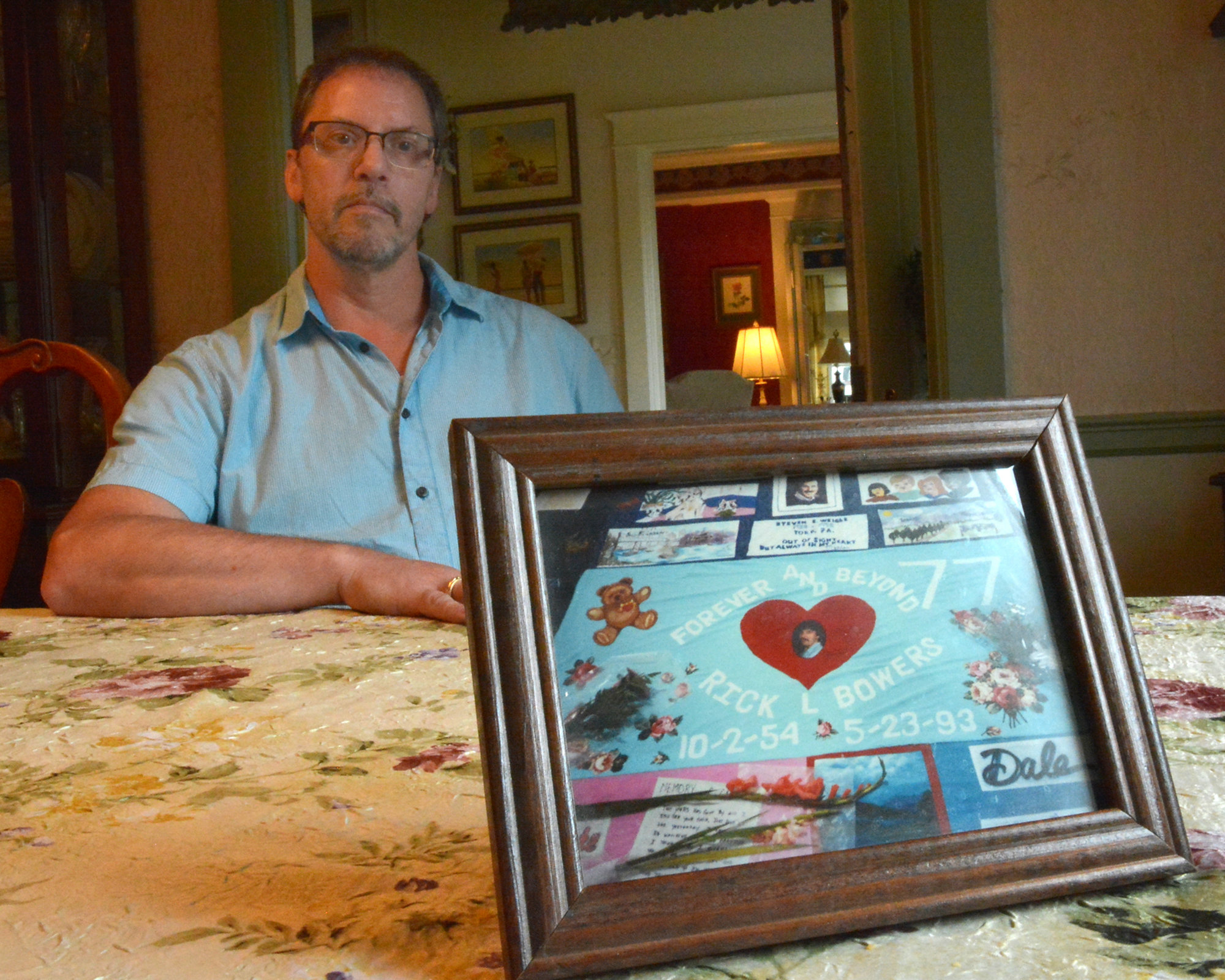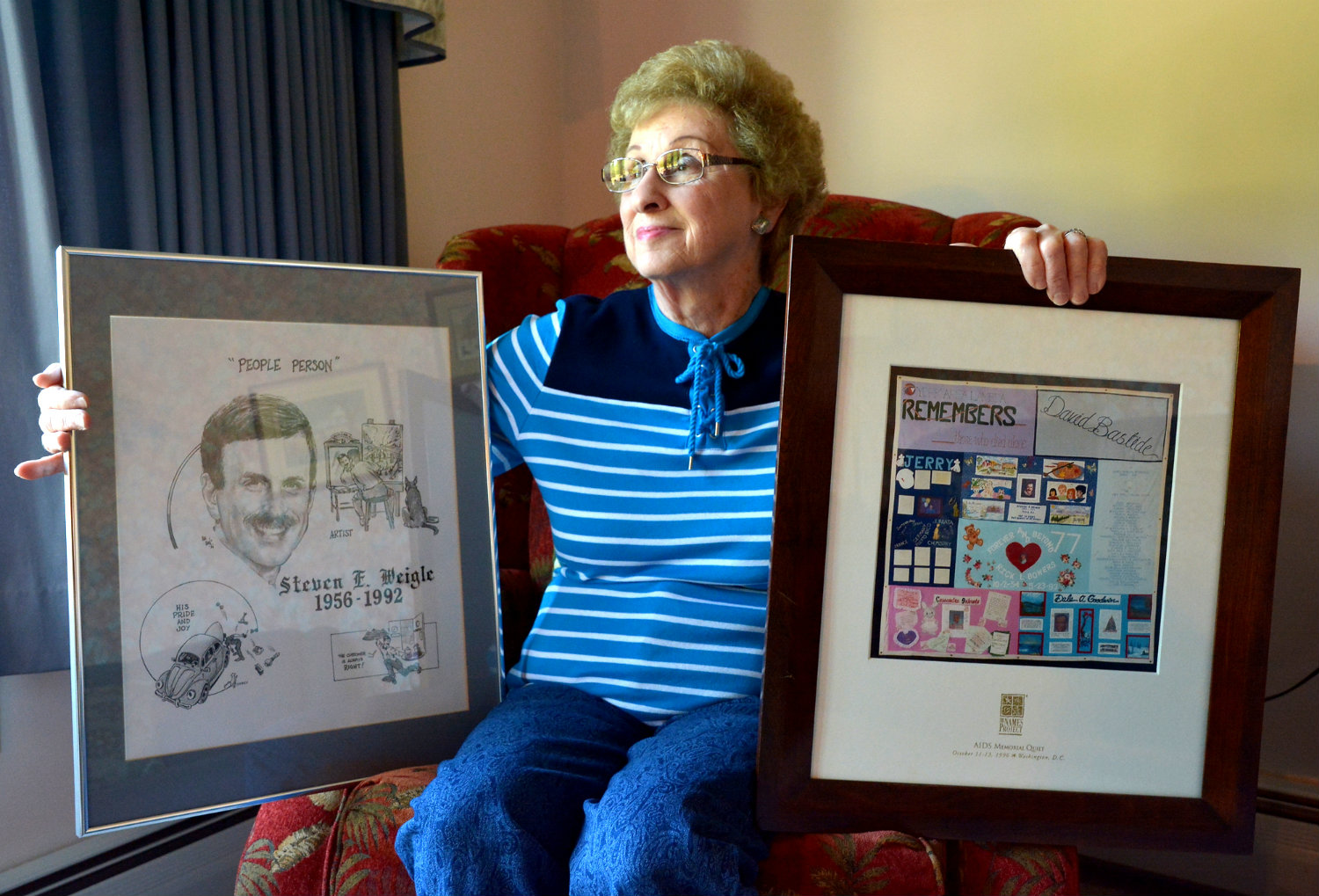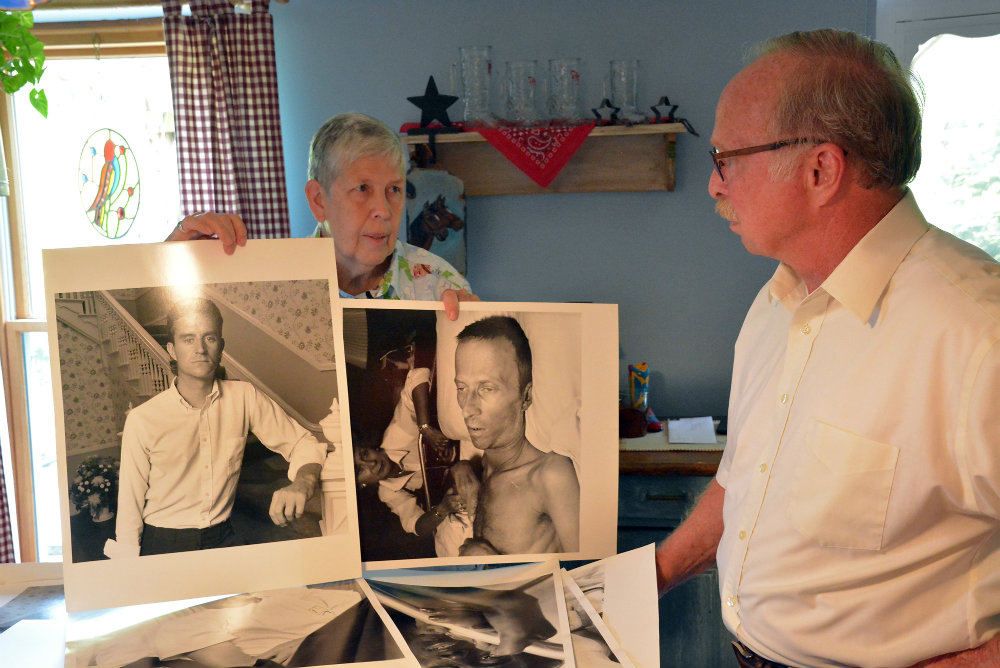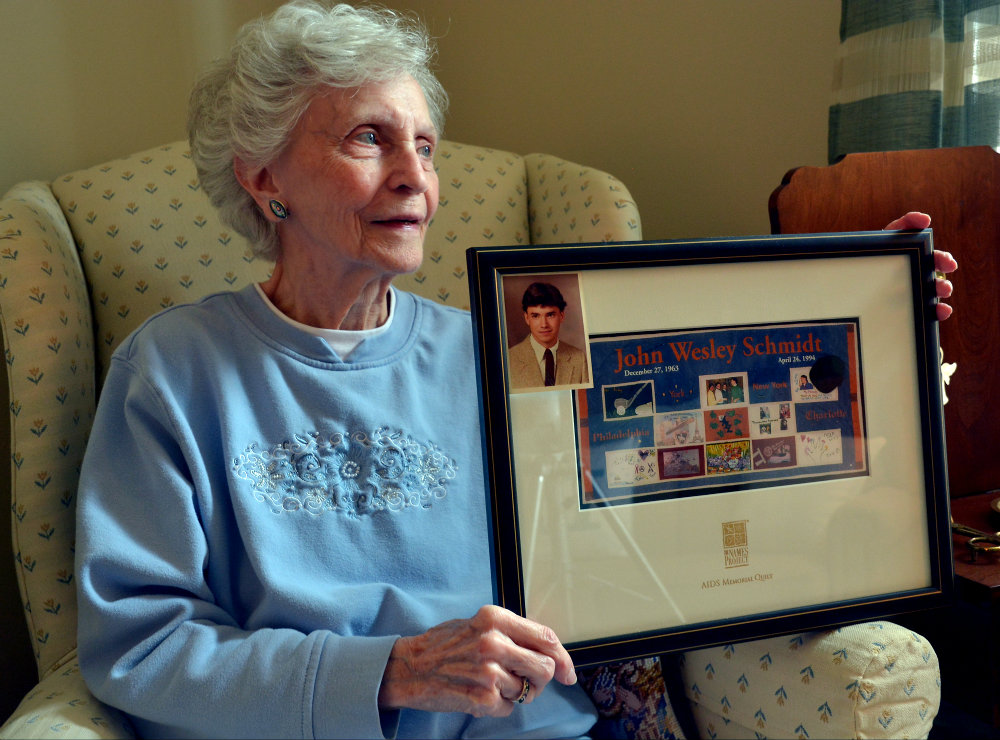If you don’t fill up your gas tank, it’s a pretty safe bet your car won’t run — or won’t run for very long. The same applies to your body. Without healthy foods, regular exercise and enough sleep, we don’t run for very long either!
Everyone has different reasons for eating healthy foods and staying active. Through the Fuel A Healthy Body campaign, we’re encouraging everyone to consider what motivates them toward a healthier life.
Over several months, we’ll be introducing each of four characters:
Rosa the Strawberry is an active mom in her early 30s who wants to set a healthy example for her two young children.
Joey the Carrot is a competitive 8-year-old who needs energy to keep up with his friends on their skateboards or bikes.
Dave the Apple is an older man in his late 50s who is new to exercise but encouraged by accessible options.
The Ps — Petey, Paul and Penny — are a three-generation family that knows a good night’s sleep will help you feel energized all day.
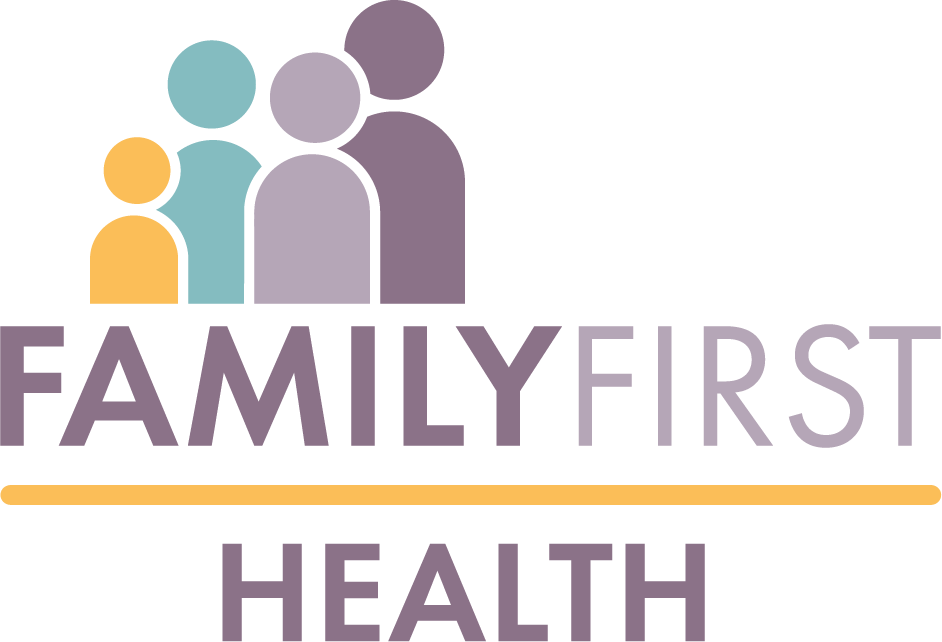
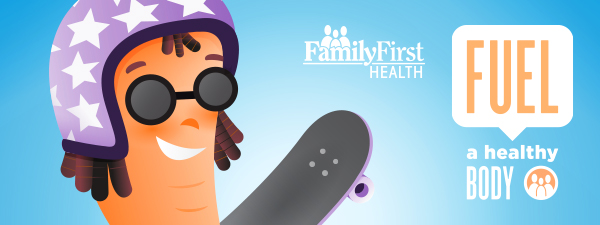






 Did you know that at Family First Health we have “WOW” cards?
Did you know that at Family First Health we have “WOW” cards?